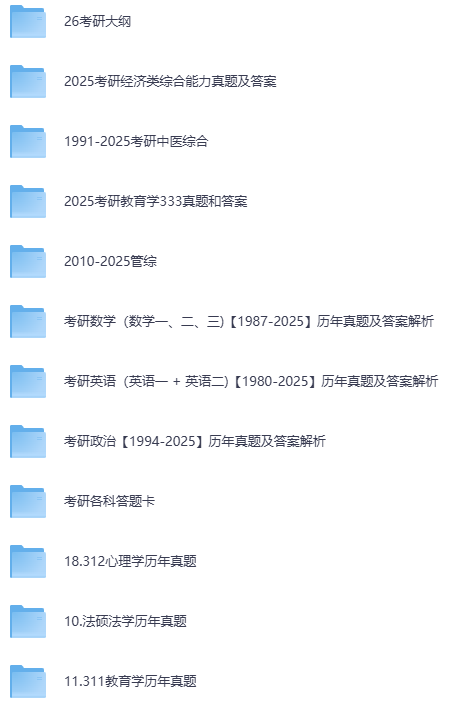2013考研英语一真题试卷Section I Use of English
只考虑局部信息会使人在做决定时产生偏见
一.总体分析
本文选自The Economist《经济学人》2012年6月一篇题为A Question of Judgment:Interviewersfavour those seen first(判断问题:面试官青睐先来的面试者)的文章。本文是一篇科普说明文,介绍了心理学中“人们做决定时会受局部信息的影响,从而产生偏见”的现象,按照“提出观点(第一段)–介绍观点(第二至四段)”的脉络行文。
二.试题精解
IPeople are, on the whole, poor at consideringbackground information when making individual decisions.At first glance this might seem like a strength that 1the ability to make judgments which are unbiased? by factors, But Dr Uri Simonsohn speculated” that an inabilityto consider the big was leading decision-makers to bebiasedby the daily samples of information they were workingwith. he theorised that ajudge 5of appearingtoo soft6crime might be more likely to send someone toprison7he had already sentencedo five or six otherdefendants” only to forced community service on that day.
①总体而言,人们在做出单个决定时,并不擅长参考背景信息。②乍看之下,这似乎是种优势,赋予了人们做出不受外界因素影响的决定的能力。③但是乌里,西蒙逊博士推测,不能考虑全局会导致决策者受他们经手的日常信息样本的影响而产生偏见。④例如,他提出这样一种理论:一位法官因害怕对犯罪表现得过于宽容,如果他在一天中已经对五六名其他被告仅仅判处强制社区服务,那就更可能会将某人送入监狱。
·词汇注释·
①unbiased[^n’barst]a.公正的,无偏见的
②speculate【’spekjulent]v.推测,猜测
③sentence[‘sentans]v.宣判,判决
④defendant「di’fendant]”.被告
2013考研英语一真题及答案解析完整版电子版pdf网盘免费下载链接:
https://pan.quark.cn/s/83d3532e6f46



 2026年考研英语一真题试卷及答案解析完整版(PDF可下载)
2026年考研英语一真题试卷及答案解析完整版(PDF可下载) 2025考研英语一真题试卷及答案解析
2025考研英语一真题试卷及答案解析


